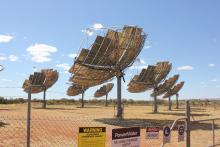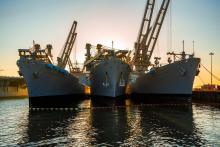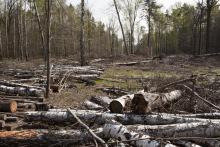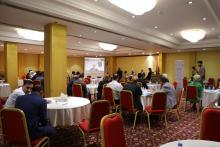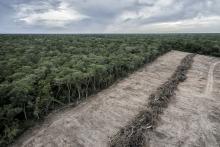Today the Expert Group of the International Military Council on Climate and Security (IMCCS Expert Group) launched a new report, Decarbonized Defense: The Need for Clean Military Power in the Age of Climate Change, the first in a series of papers comprising the third annual World Climate and Security Report.



